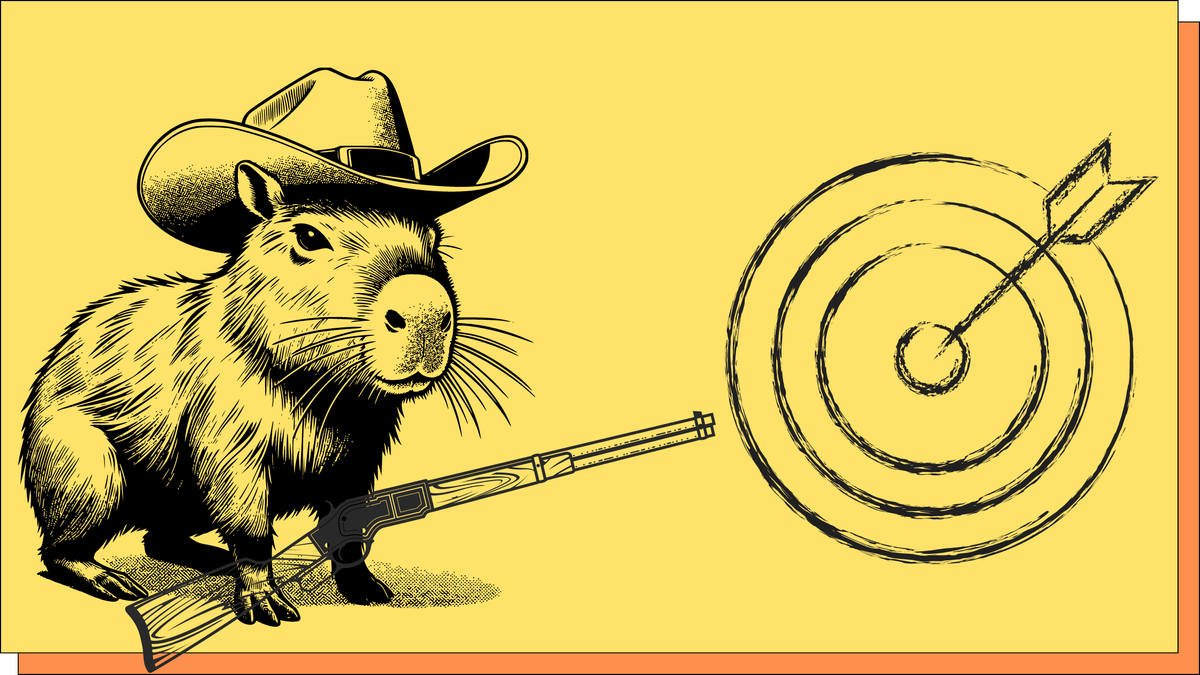To ignore them is delulu
Writing your resume before looking here is exactly backwards

It's easy to get it backwards, to start sending out job applications before you know two things:
- What you want
- What they want
#1 comes first, but #2 is ultimately more important. When you send out an application before answering these questions, you're sending your app into the wind. You're throwing mud at the wall and hoping some sticks. I've seen people send out hundreds, even thousands, of applications and get nowhere while thinking they're making progress the entire time.
Don't confuse effort with achievement. Sending out a ton of applications rarely gets you anywhere if you haven't answered these two questions.
#1 What you want
This isn't some grandiose thing. It's not an intellectual exercise. You don't need a cabin in the woods alone with your thoughts to figure this out.
As the marvelous Amy Krouse Rosenthal said:
What's already interesting? Super technical red team stuff? Do more of that. Cyber compliance? Explore it! Consulting seems intriguing? Dig in.
Even people who have no clue what they want to do still pay attention to some things more than others. Start there.
As difficult as it is, it pays to be specific. And being specific means closing doors. This reduces the total number of opportunities while amplifying the chance of landing the ones that truly fit you well.
Almost every student starts out with the inverse perspective. They want to keep all their doors open. The problem with this perspective is not choosing often means not trying. And without trying how are you ever going to validate what you like and what you're good at? Choose, try, repeat. Viewing life as one big experiment takes a lot of the edge off. In an experiment you're not expected to get it right 100% of the time. It's called trial and error for a reason.
"What you want" isn't forever. It's a hypothesis based on an educated guess. What can you do now to grow and set yourself up for the future? Trying and learning is always better than waiting and worrying.
#2 What they want
You've got your guess, your thesis, for a role, industry, or company you want to explore. It's no longer about you at this point. It's all about them. It's about figuring out what that role/industry/company expects from top candidates. Once you've figured out what they want, give them that.
Thankfully they make it super easy. Companies tell you precisely what they're looking for in the form of job descriptions. It's literally as simple as searching LinkedIn for a bunch of roles as specifically tied to #1 (your thesis) as possible. You want to filter as much as you can. By location, industry, title, company, etc... Once you've found a bunch, study them. Paste the requirements and responsibilities in a separate doc and analyze for patterns. What do they emphasize? What do they leave out?
The better you understand what companies are looking for, the better you craft your professional narrative to fit what they're expecting. The better you fit what they're expecting, the faster you move to the top of the applicant pile. There's no room for guesswork or assumptions when you do this research. No more applications sent out into the ether with your fingers crossed.
The cool part is your professional narrative is entirely up to you. There are no rules. People who take their careers seriously craft their own stories. Don't leave it up to the recruiter to hopefully see your resume through a compelling narrative. Construct the narrative yourself.
Your resume needs to give them what they're looking for. No more, no less. Any line that doesn't speak to the identified expected patterns needs to change or be deleted. There's no room for mixed messages on a document that's skimmed for six seconds.
The number of college students who take the time to look at job descriptions before writing their resume is staggeringly low, close to zero. When looking for a job, they're one of the only things that concretely matters.
To ignore them is delulu.
